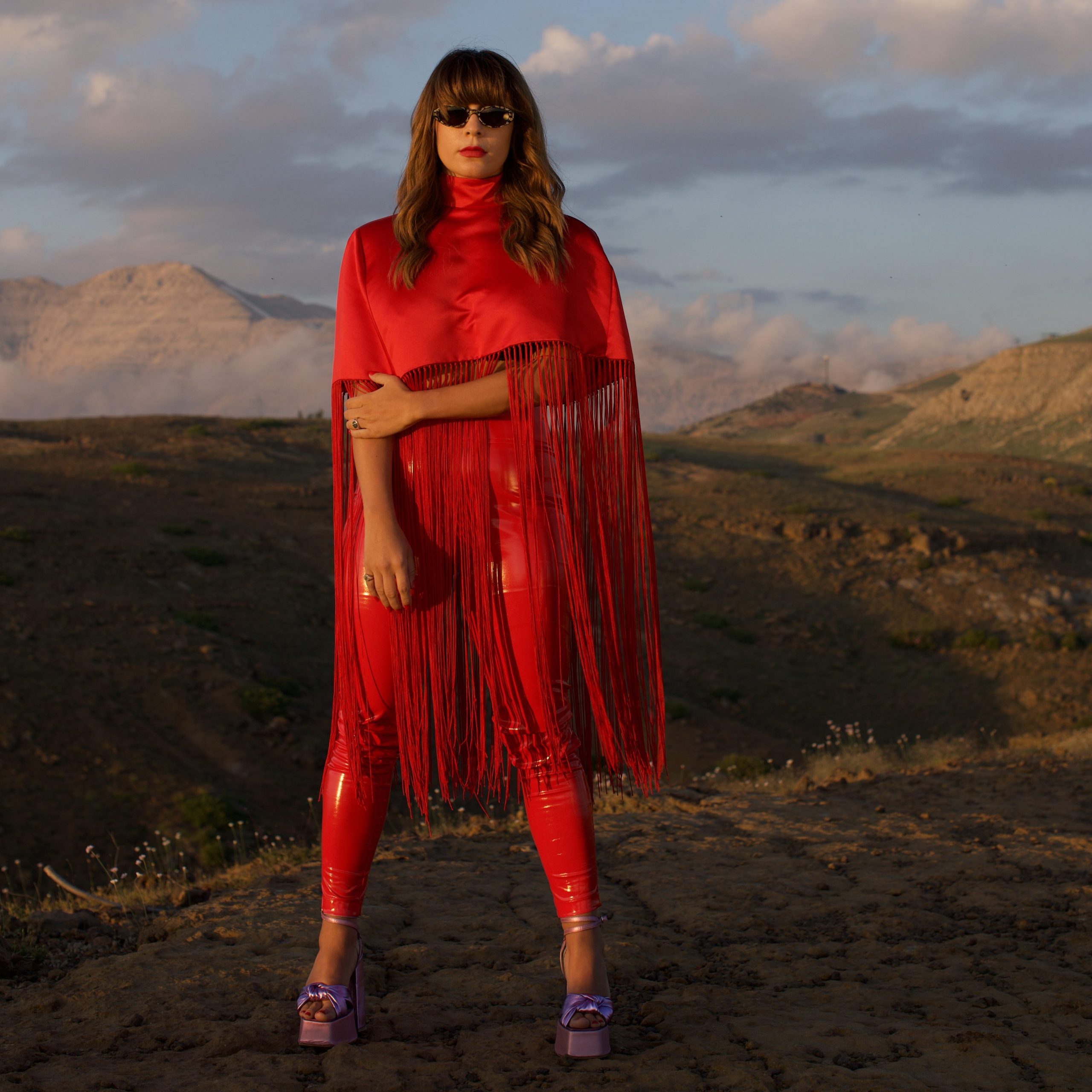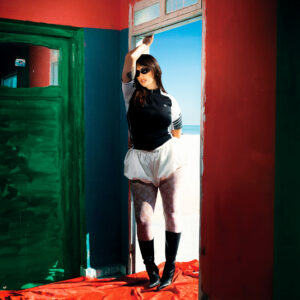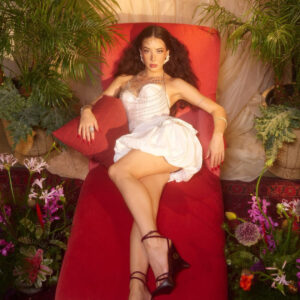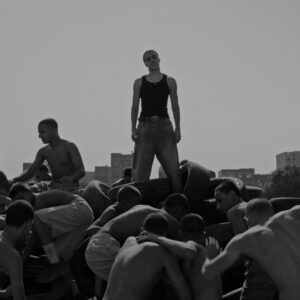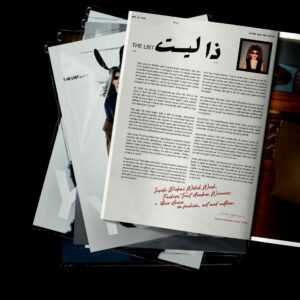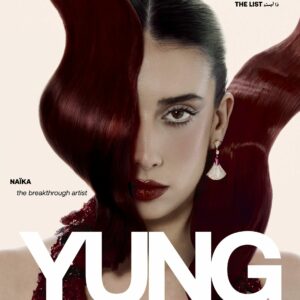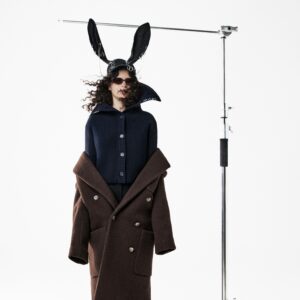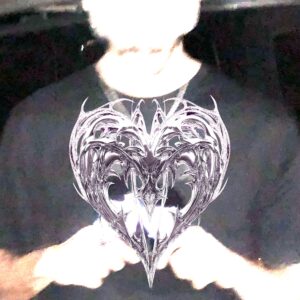Music has been a lifelong obsession for Lebanese artist Aziza. Raised to the tunes of Fairuz, Umm Kulthum and Dalida, and inspired by the attitudes of Grace Jones and Freddie Mercury, she has created a whole new genre of beats: Tarapop. It’s a new world of melodies and colours and we’re fully in for the ride.
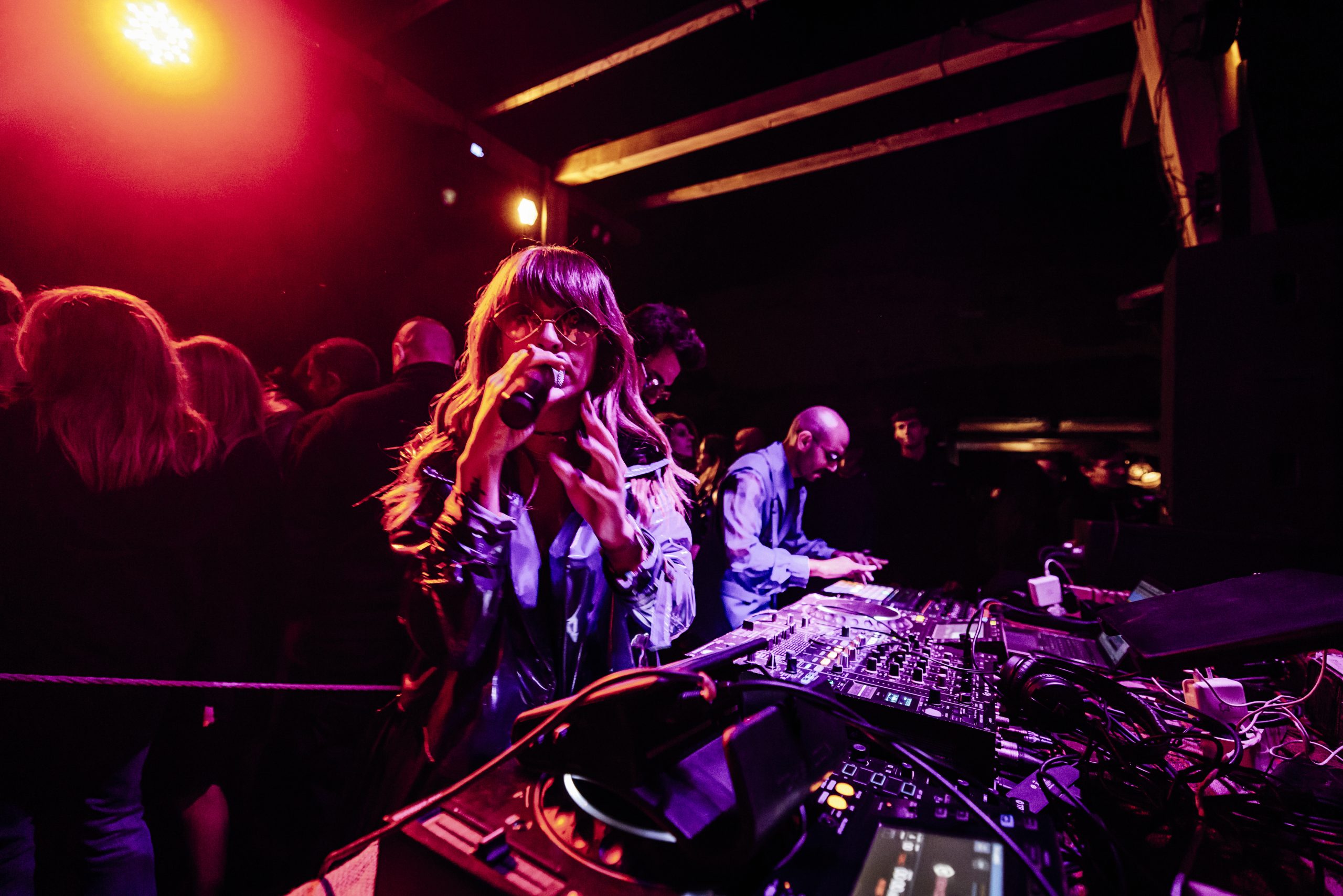
What’s your earliest memory of music?
My love for music started at a very young age. My father, [a famous Lebanese singer from the 1970s and 1980s], likes to tell the story of when I was around three years old and I joined him at one of his gigs. I went up on stage, took the microphone and started singing an Umm Kulthum song. The crowd loved it.
Was that the start of your music career?
After that I started singing whenever I had the opportunity – school musicals, university events, karaokes. I even joined an Arabic bossa nova band. To be honest though, it took me some time and effort, and lots of trial and error, to reach where I am today – to find my real sound and who I am in this industry.
Tell us about your unique sound
It’s Tarapop, a genre that mixes Tarab and Arabic classical music with pop. It’s a genre that represents me and showcases the way I understand and interpret music.

Who would be your influences then?
For Tarab and the Arabic classics I’m influenced by icons such as Mohamed Abdel Wahab, Sabah and Warda. I’m forever a Dalida fan, she’s my main influence when it comes to my movement on stage and the elegance she carries in her gestures. In Western pop culture, its edgy idols like Michael Jackson, Grace Jones and Freddie Mercury.
What’s your ultimate goal?
My aim is to take Arabic pop music to another level, but being original and different in this field is hard. Yet, every time I release a new project I’m reminded by my fans of how lucky and grateful I am for my talent and vision, which is the best part of this journey. With each passing year I’m growing, expanding and challenging myself, making mistakes and learning from them.
What’s it like being a woman in this industry?
It’s hard to be an Arab female artist in such a competitive industry where it’s mostly men dominating the scene. But I’m proud to be an artist who always carries the banner for female empowerment. I’m beyond proud to witness the rise of more and more female artists who are putting themselves out there with next level artistry.
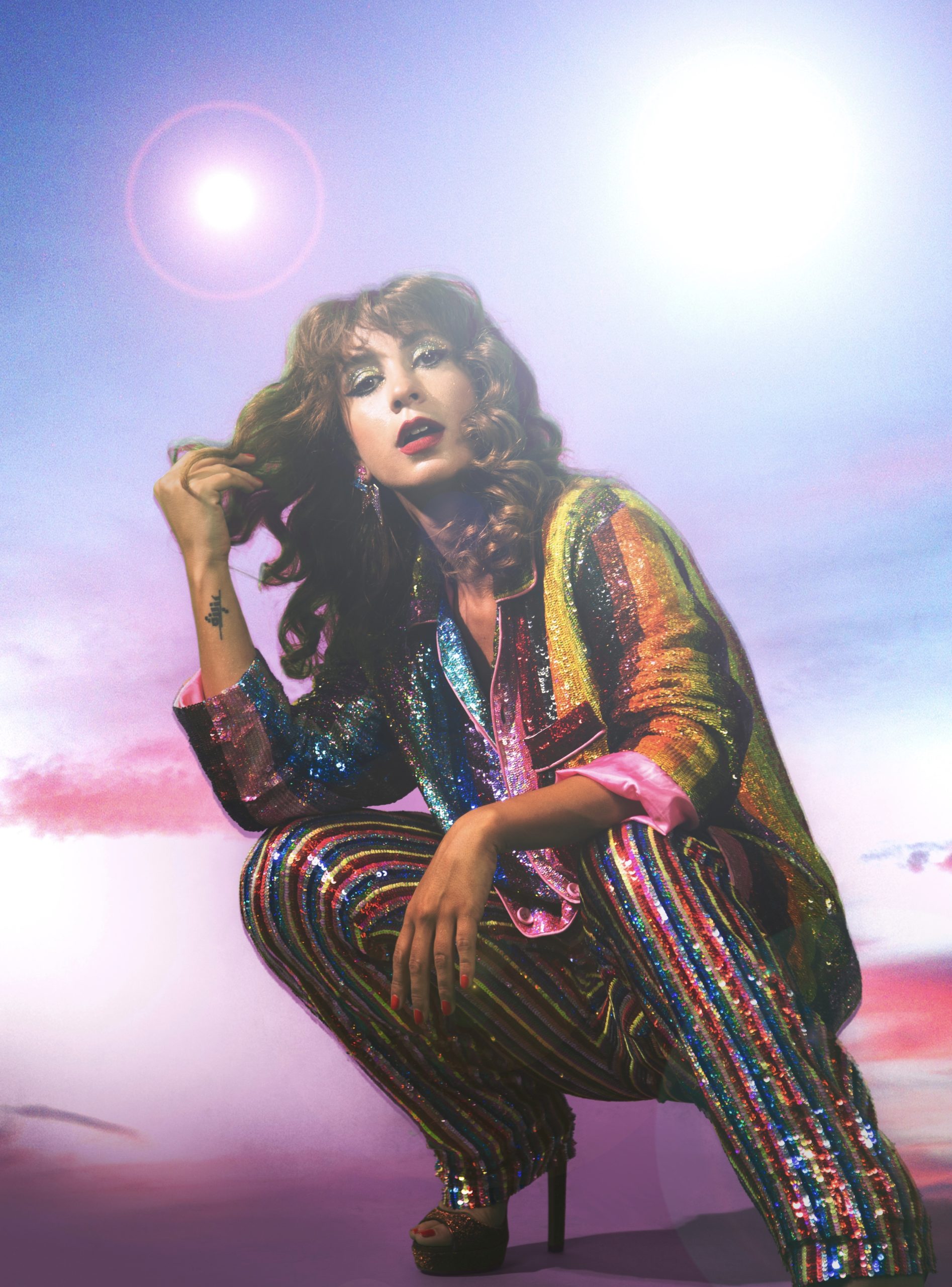
Tell us about your new project Retro Elecktro…
It’s a modern oriental-electronic band with myself as vocalist and Eli Ishac as the music producer. We revive old Arabic songs with a blend of oriental and ethnic tunes, vintage synth sounds and sensual vocals.
Of course, we have to talk about your song “Waynik Ya Beirut” written after the devastating explosion in 2020…
I poured all my anger and sadness into the lyrics and melodies of that song. I wanted it to echo the sentiment and experience of the people of Beirut on that traumatic dark day. I barely escaped the explosion myself, so I wanted everyone to see in this song an emotional journey that is theirs, that is ours, and that starts in sadness but ends in resolve and hope.
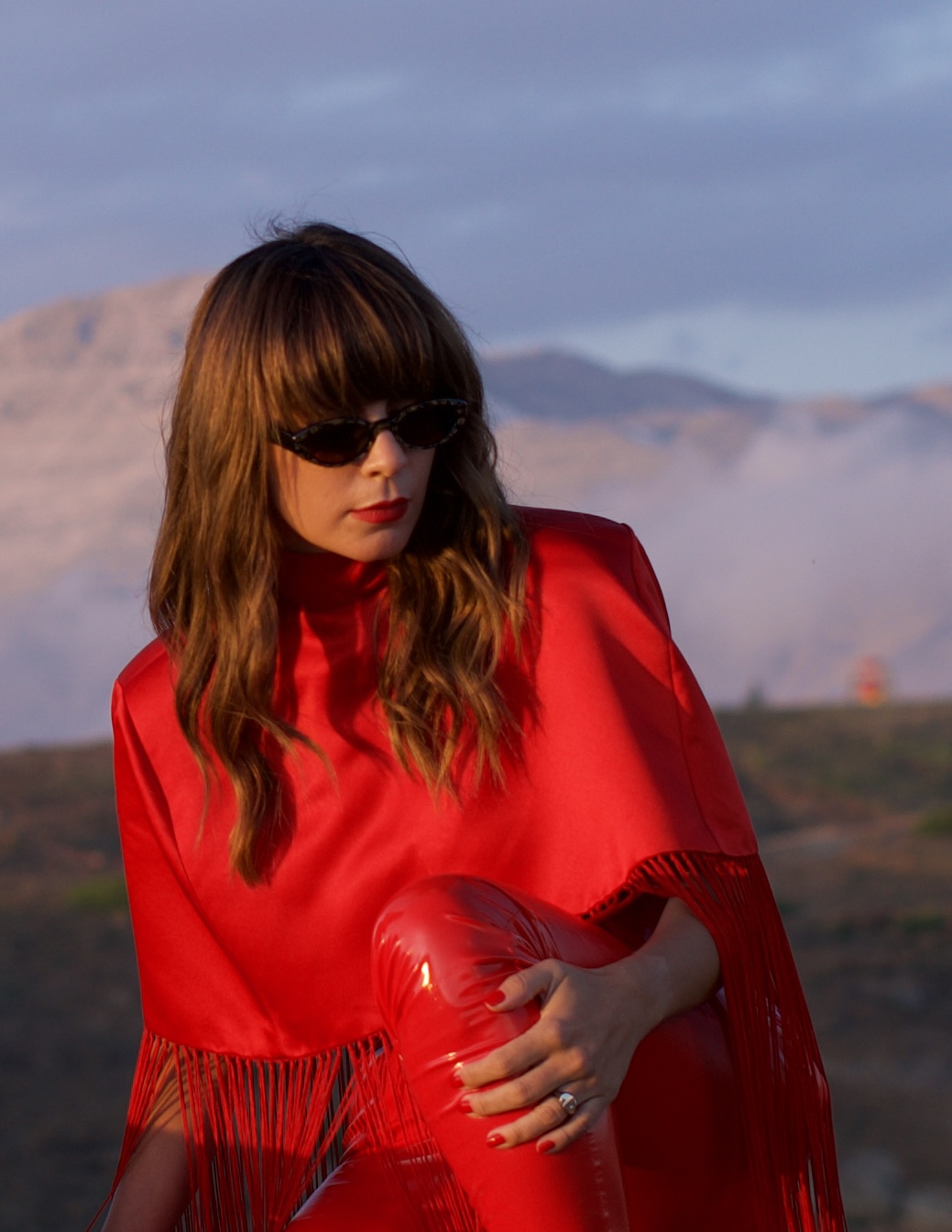
What’s your advice for aspiring musicians in the MENA region?
No one watches you harder than those who don’t like you, so give them a show.
What’s next?
A new single called “Ayayay”, and I’ve got big plans for Retro Elecktro hopefully this year.
